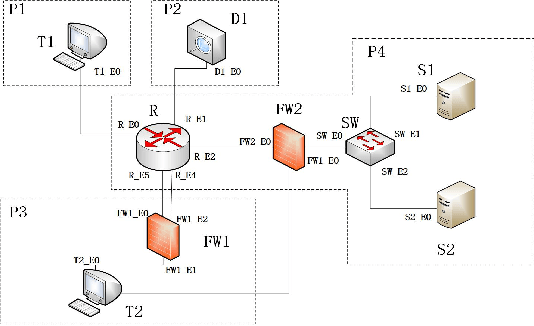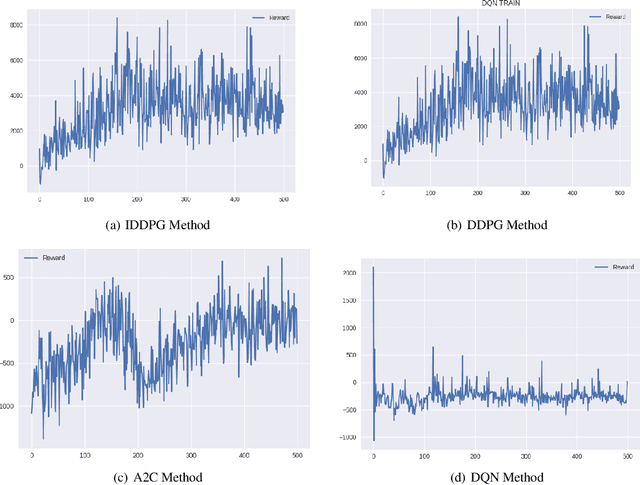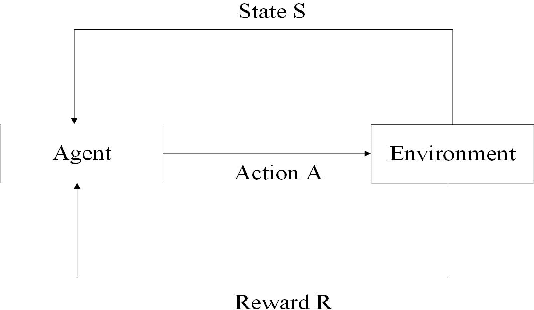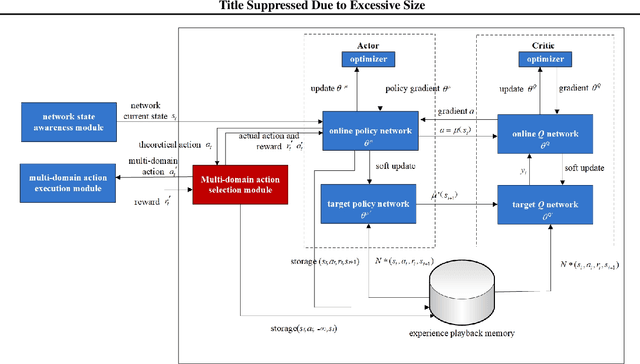Shiming Xia
Discover the Hidden Attack Path in Multi-domain Cyberspace Based on Reinforcement Learning
Apr 15, 2021



Abstract:In this work, we present a learning-based approach to analysis cyberspace security configuration. Unlike prior methods, our approach has the ability to learn from past experience and improve over time. In particular, as we train over a greater number of agents as attackers, our method becomes better at discovering hidden attack paths for previously methods, especially in multi-domain cyberspace. To achieve these results, we pose discovering attack paths as a Reinforcement Learning (RL) problem and train an agent to discover multi-domain cyberspace attack paths. To enable our RL policy to discover more hidden attack paths and shorter attack paths, we ground representation introduction an multi-domain action select module in RL. Our objective is to discover more hidden attack paths and shorter attack paths by our proposed method, to analysis the weakness of cyberspace security configuration. At last, we designed a simulated cyberspace experimental environment to verify our proposed method, the experimental results show that our method can discover more hidden multi-domain attack paths and shorter attack paths than existing baseline methods.
Weakness Analysis of Cyberspace Configuration Based on Reinforcement Learning
Jul 09, 2020



Abstract:In this work, we present a learning-based approach to analysis cyberspace configuration. Unlike prior methods, our approach has the ability to learn from past experience and improve over time. In particular, as we train over a greater number of agents as attackers, our method becomes better at rapidly finding attack paths for previously hidden paths, especially in multiple domain cyberspace. To achieve these results, we pose finding attack paths as a Reinforcement Learning (RL) problem and train an agent to find multiple domain attack paths. To enable our RL policy to find more hidden attack paths, we ground representation introduction an multiple domain action select module in RL. By designing a simulated cyberspace experimental environment to verify our method. Our objective is to find more hidden attack paths, to analysis the weakness of cyberspace configuration. The experimental results show that our method can find more hidden multiple domain attack paths than existing baselines methods.
 Add to Chrome
Add to Chrome Add to Firefox
Add to Firefox Add to Edge
Add to Edge